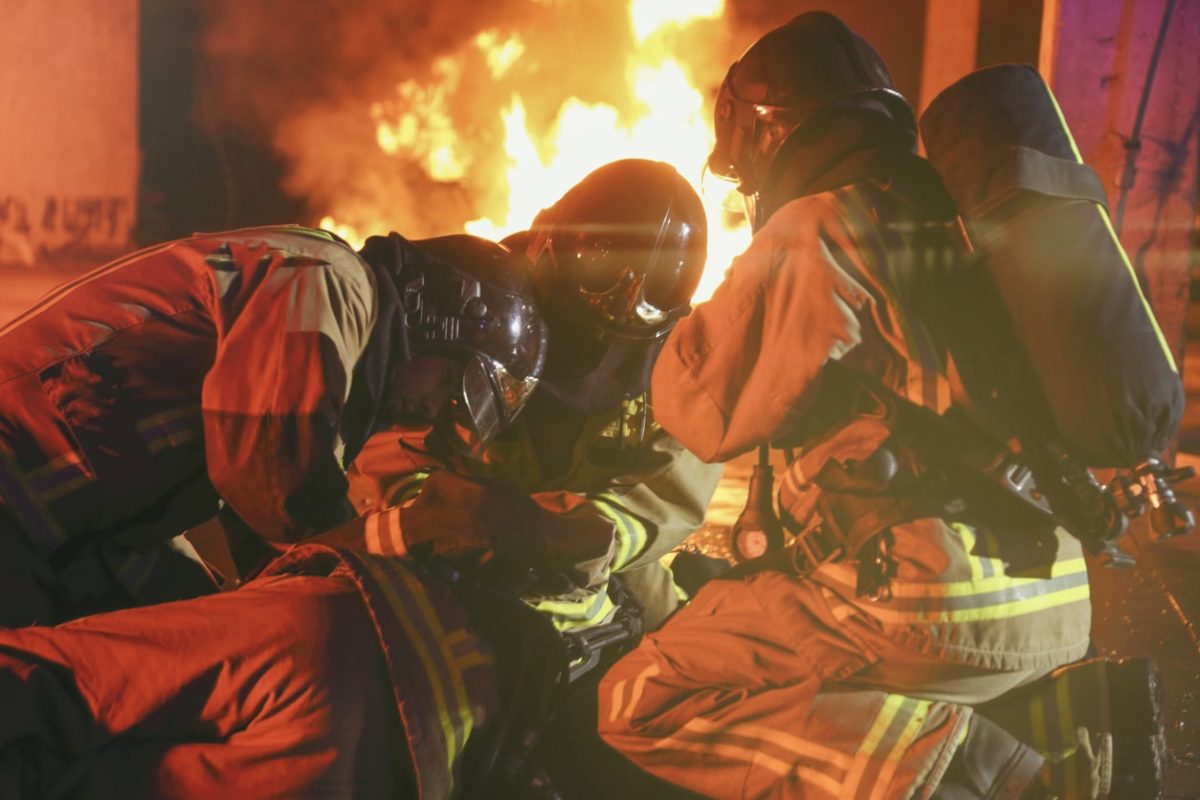
Firefighters put their lives and health on the line to protect their community. However, when it comes to injuries sustained, those in this line of work can come to unique challenges while seeking to collect any damages. This is due to the fact that as opposed to most citizens, public safety officers know that their jobs come with higher risk levels before they start.
Premises Liability
Under the normal application of premises liability law, there are three different types of visitors to a property: invitee, licensee, and trespasser. Under these three definitions, firefighters and other emergency personnel fall under the category of a licensee. Therefore, property owners are only liable for willful or intentional injuries. Licensees have the landowners implied permission to enter a property, but are only owed a duty if the landowner is aware or reasonably should have been aware that a hazard existed.
If a third party is injured on the premises, or experiences property damage as a result of a firefighter’s actions, this would be covered under a general liability insurance policy.
Assumption of Risk
The assumption of risk states that firefighting is an inherently dangerous job, and therefore emergency personnel assume this risk by performing their duties. As such, sometimes recovery cannot be claimed against individuals whose negligence created the need for assistance in the first place.
However, the assumption of risk only covers known or reasonably foreseen hazards, meaning firefighters aren’t able to sue for common injuries that one would expect to sustain while fighting a fire. However, someone could be held liable if:
- They fail to tell the firefighters of a known hazard, such as a broken gas line, that leads to a more serious injury.
- They commit an intentional act that harms the firefighter.
- The firefighter is off duty and voluntarily stopped to help.
As expected, there are many grey areas when it comes to these regulating laws, so many states have chosen not to enact them.
Making a Claim
If making a claim, firefighters have to identify any statutes that were violated, describe the manner in which they were injured on the job, and include all information regarding the incident. When more details are included in a claim, it makes for a better case. Firefighters must also provide facts that prove the injury was due to negligence.
Firefighters involved in an accident should receive the proper medical treatment and seek out a professional immediately, which the documentation can be used in building a case.
About Provident FirePlus
At Provident FirePlus, we offer custom-tailored packages to best protect firefighters and volunteer firefighters. We understand the risks that emergency response teams are subjected to on a daily basis, and have worked to serve these dedicated professionals for over 87 years. For more information about our products and policies, we invite you to contact our experts today at (855) 201-8880.

